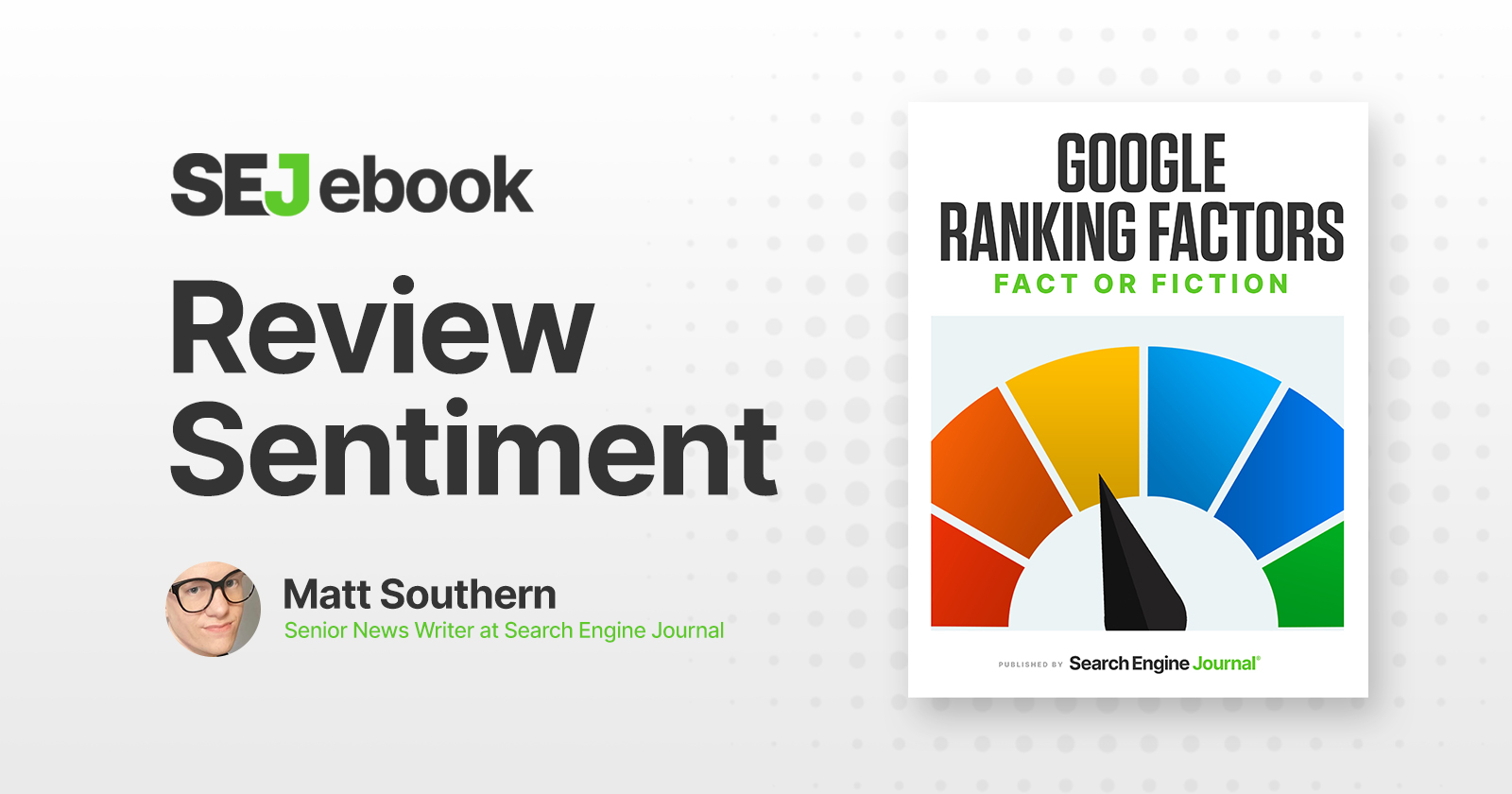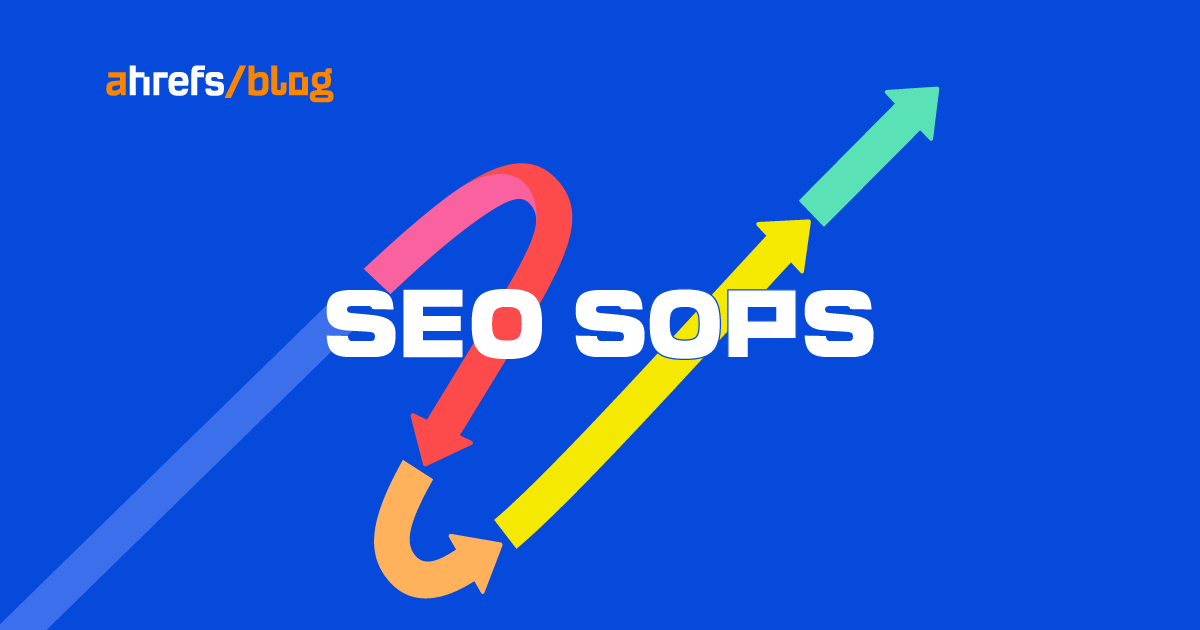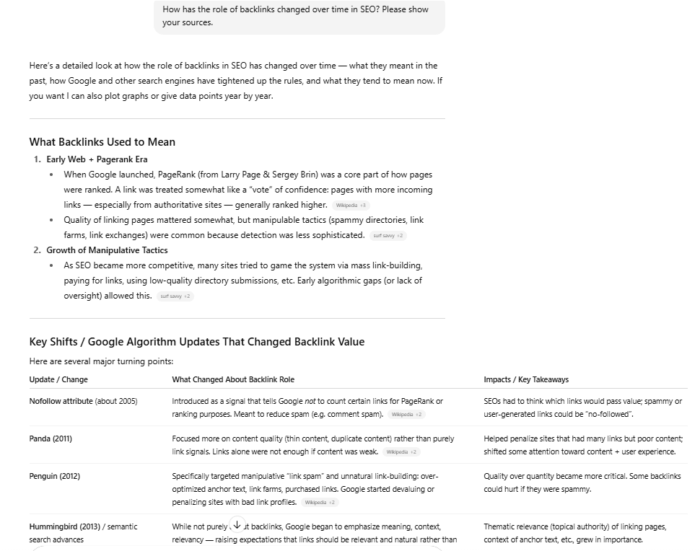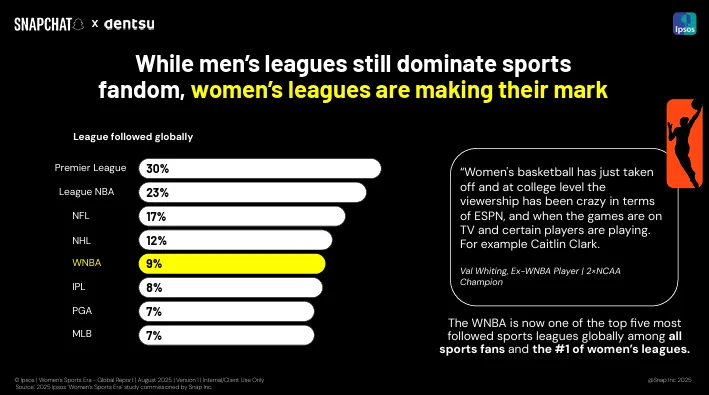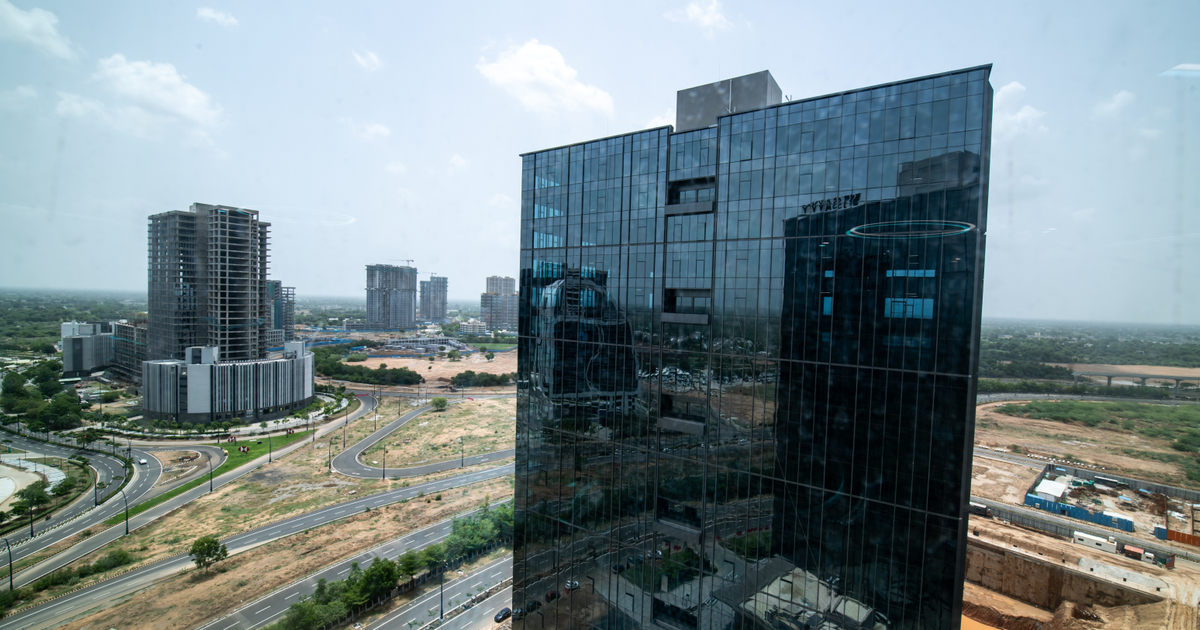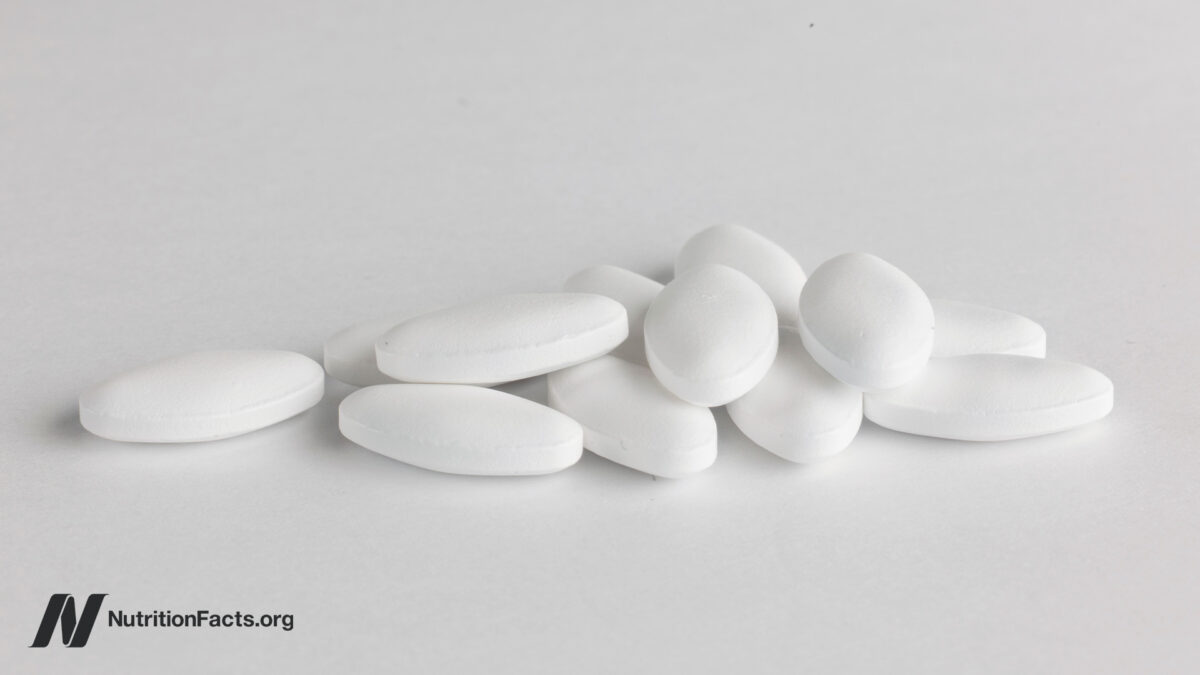Google’s Link Spam Update Is Complete via @sejournal, @RebekahDunne
Google seems to be more vocal regarding communicating updates and offering additional advice to marketers. The Link Spam update is the latest to be completed. The post Google’s Link Spam Update Is Complete appeared first on Search Engine Journal.
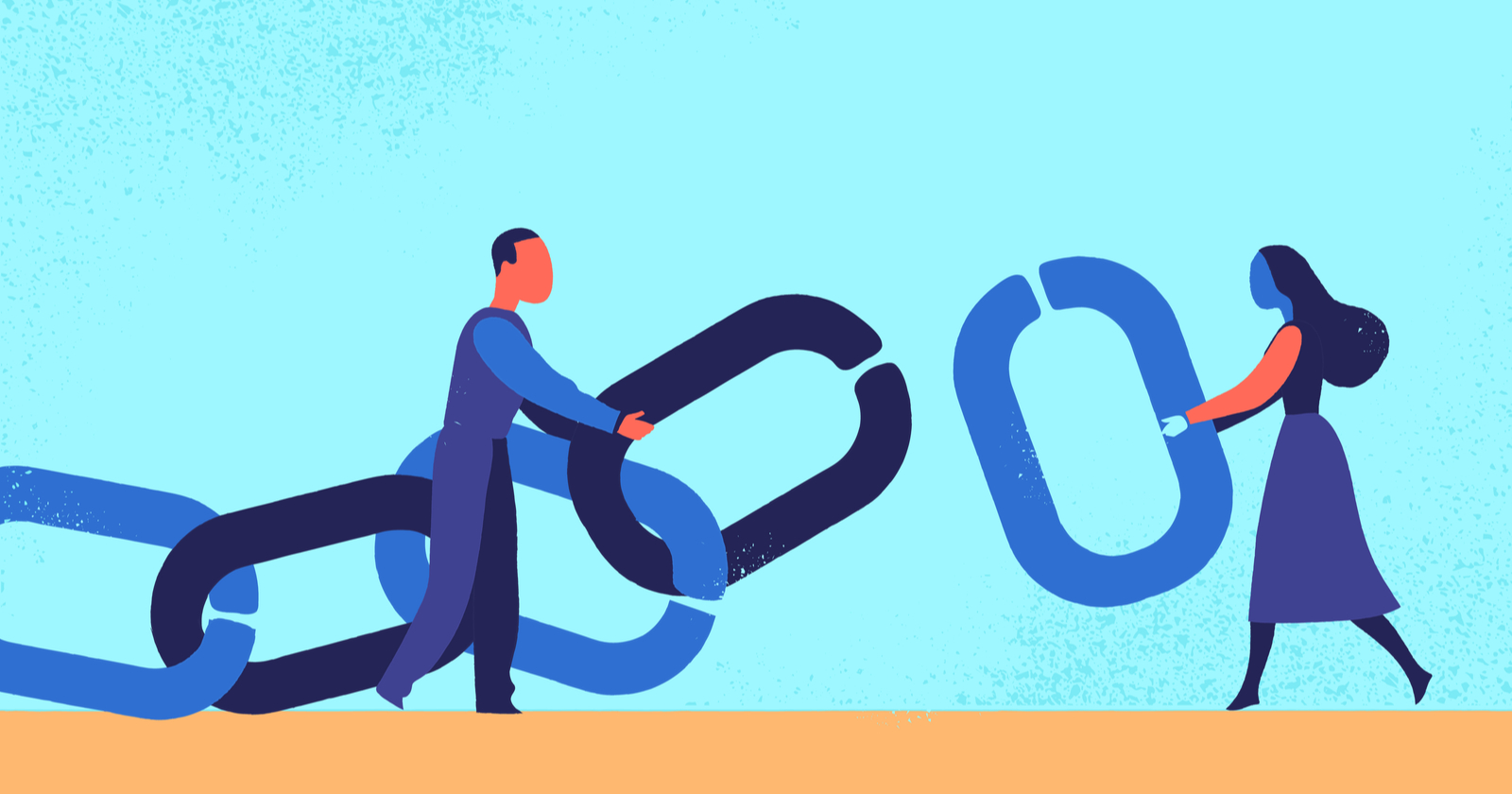
Google’s Link Spam update was completed on the 24th of August.
Google Search Central originally stated that the rollout would be completed in two weeks, however, it took two weeks longer than expected.
The confirmation, which was published on Twitter by the Google Search Central account, sat under a not so subtle reminder published on 26th July when the update began rolling out:
If you monetize your websites and blogs with affiliate links or sponsored and guest posts, it's very important to qualify these 🔗 🔗 links. Learn more about commercial links and link spam → https://t.co/piENjy5azO pic.twitter.com/joqIvPFXlE
— Google Search Central (@googlesearchc) July 26, 2021
Advertisement
Continue Reading Below
The original post was a reminder of the importance of qualifying affiliate links, guest and social posts that are used as monetization techniques.
I’ve heard multiple times how some old, spammy techniques still seem to work, and this is often met with frustration by those doing things the ‘right way’ – myself included.
Therefore, these types of updates that are directly correcting those types of issues will be welcomed by some, but not by those who actively take part in spammy backlink building.
As always, the response on Twitter was varied, with some unimpressed with the ‘results’ of the rollout and others seeming to cheer Google on.
Advertisement
Continue Reading Below
Measuring The Impact
Whenever an update is rolled out, SEOs take to their search term tracking tools and Google Analytics to monitor the potential impact on their websites.
The problem with measuring the impact of the Link Spam Update?
It’s coming alongside what some are referring to as ‘Titlepocalypse’.
Not to mention other micro-updates that are rolled out continuously and not always confirmed by Google.
This means that any wins or losses could be due to this specific update, another update, or something else entirely.
Scrolling through Twitter, there are plenty of wonderings about the impact, but not many specifying a direct correlation between the update and their site performance that I could see.
Perhaps this is still to come…
Google Thanks SEO’s That Use Best Practice
In the Link Spam update blog post, there’s a special shoutout to marketers following best practice guidelines:
”Thanks are also due to the large majority of sites that follow our guidelines, focusing on building websites with great user experience and providing high quality content.”
The post ends with advice on how marketers should approach internal and external link building:
“Focusing on producing high quality content and improving user experience always wins out compared to manipulating links.”
The Bottom Line
Google implementing a new method of detecting low-quality link building should be a warning to all who rely on this method to manipulate the SERPs.
Advertisement
Continue Reading Below
Let’s not forget what John Mueller said in February 2021: essentially, that relevance is key when it comes to link building.
My advice would always be that when Google gives the SEO community a heads-up about an update, whether confirming that a rollout has begun or is being scheduled, to use this as an opportunity to get ahead of the update.
The fact that this update took two weeks longer than anticipated gave marketers even more time to review their backlink profiles and make any necessary changes.

 Koichiko
Koichiko 










